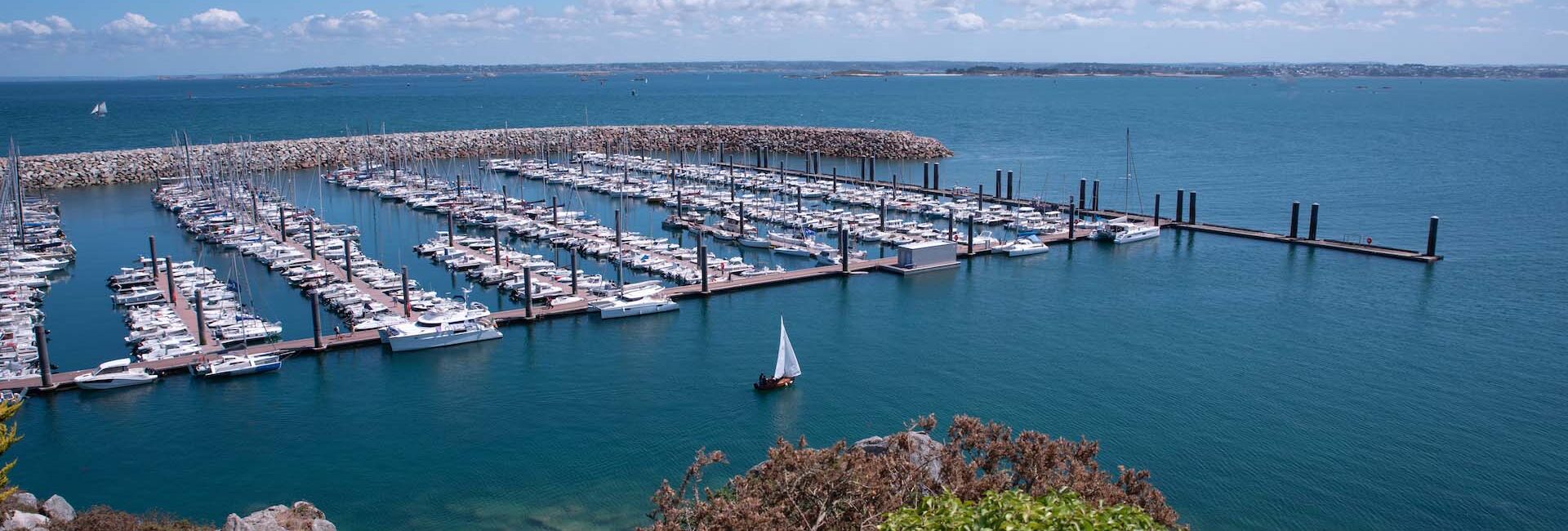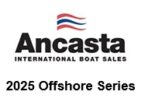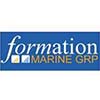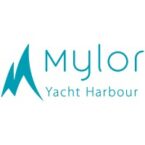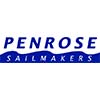Destinations
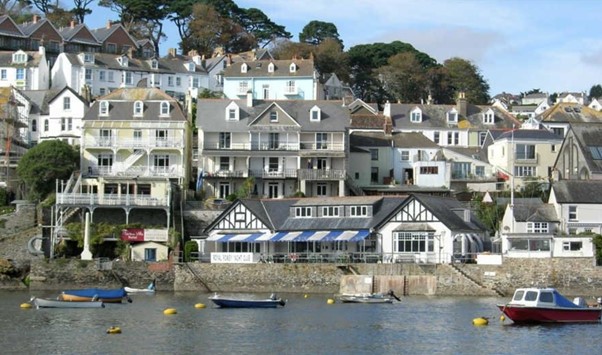
Fowey
Fowey lies about 24nm NE of Falmouth. COGS visit it for three races each year, Falmouth to Fowey, Plymouth to Fowey and Fowey to Helford Passage, all in the Coastal Series. Our hosts in Fowey are the POFROC (Port Of Fowey Race Organising Committee), which is a joint entity comprising members of Royal Fowey Yacht Club (RFYC) and Fowey Gallants Sailing Club (FGSC). The Prize Giving usually takes place in one or other of these two clubs, and details will be in the SI. Prizes are usually given after the last boat arrives and the scorers have calculated the results.
Mooring in Fowey – Moorings are available from the Harbour Master (01726 832471 or VHF Channels 12 and 16). The water taxi works on Channel 6 and 07774 906730. It normally works from Easter to end May: 0900 – 2200 and June to September: 0800 – 2230.
A dedicated pontoon is usually reserved in the harbour for COGS competitors.
There is normally the opportunity to eat in the appropriate hosting club (see the SI) or in one of many pubs and restaurants. The Ship Inn and The King of Prussia are two of many favourites for COGS members.
For showers in the mornings, Gallants usually are open 24hr – £1 coins are definitely needed – you should have at least two of them ready.
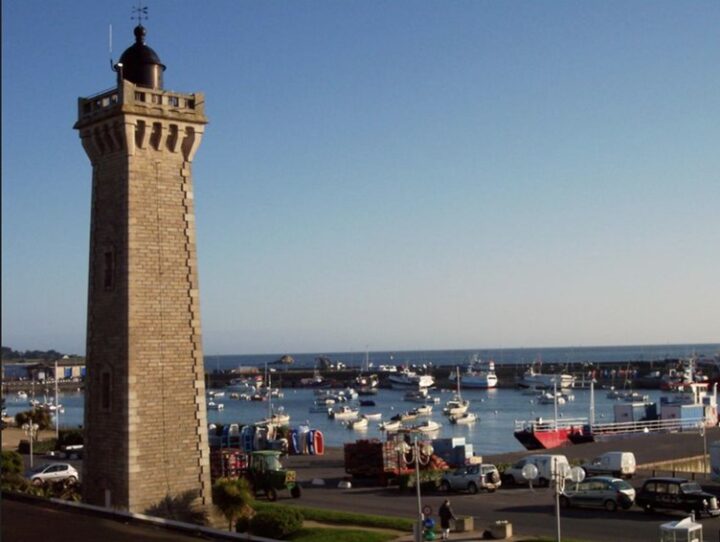
Roscoff
Roscoff is a delightful town in the Finistère département of Brittany in northwestern France. It is approximately 100nm directly SSE from Falmouth.
Roscoff is renowned for its picturesque architecture, labelled “petite cité de caractère de Bretagne (small town of character)”. Roscoff is also at the centre of the onion trade.
It is a wonderful sail across the channel and we all arrive exhausted but exhilarated.
We moor at the Port du Bloscon, which is a superb marina, just to the SE of the town centre and a short walk from the Brittany Ferries Terminal where Customs and Immigration is cleared (more about this in the specific NoR and SI as this changes year by year post-Brexit). It is important to clear entry and also exit with Customs because of the90-day Brexit length of stay rules in the EU – if you fail to officially exit, you may find next time that you try and enter the EU your 90 days will have been exceeded and you will be denied entry!
Due to activity in the commercial and fishing ports that adjoin the marina, it is important to closely follow safety regulations:
1. All boats with a VHF radio must stay tuned to channel 12 while navigating in the channel, and announce their arrival to the port office on channel 9
2. Make sure you have permission to enter
3. Entry to the port is regulated by the light at the end of the Pierre Lemaire seawall.
When three red lights are lit, only boats authorised by the harbour master’s office may enter the port – this will usually be the ferry
4. The Marina will allocate you a berth, usually grouped together with the other COGS boats, and their RIB will often escort you to the berth
5. When you leave, make sure you have permission to exit
6. At the exit of the fishing harbour, other lights control the exits from the marina and inner fishing harbour when a ferry or commercial ship is sailing. When a vertical line of three red lights is lit, no boat has permission to leave
It is a 10 to 15 minute walk into town with a variety of restaurants, mainly seafood. We used to meet in a cafe in the port called “C’est Ici” for Prize Giving, but we think it has now closed down.
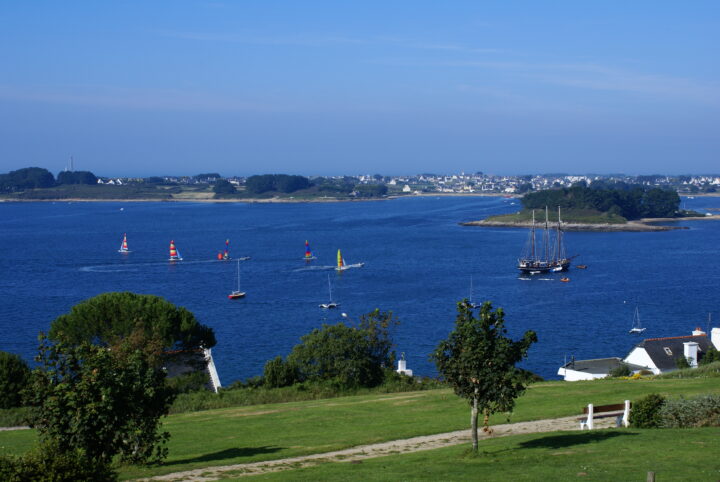
L' Aber Wrac'h
Details to follow
Travel Information For Boats Visiting France - Roscoff
Below is information which we think is correct as of mid April 2024. Please contact anthony.cogsracing@gmail.com if you have any comments or corrections
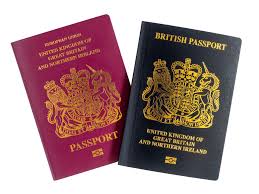
We have just received this from the Roscoff Customs:
“The Roscoff Customs Brigade is located in the ferry port terminal (near the boarding gate), in Bloscon, but it is not open to the public 24 hours a day. It is open:
MONDAY to FRIDAY: from 9:30 a.m. to 4 p.m. SATURDAY and SUNDAY (depending on the period): from 9:30 a.m. to 3 p.m.
In all cases, it is preferable to make an appointment before showing up. So keep us informed of your precise arrival time (by email or by telephone at 09.70.27.51.60) and let’s arrange an appointment. (Of course, if it is impossible for you to be present at the agreed time – due to weather conditions or damage – we can arrange another appointment)”
Please note that as far as we can tell the following ferry movements are occurring on the Roscoff race weekend in 2024, which seems to normally correspond to the Douanes being present to process our papers:
Saturday: A ship arrives at 0800 and leaves at 1500
Sunday: Ships arrives at 0700 (Cork) and 0950. Ships leave at 0920 and 1500
UK Border Formalites For Crossing The Channel
RYA Information April 2024
The information provided by the RYA is written as a guide for a UK flagged Pleasure Vessel operated by somebody who is established (resident) in the UK. It may not be applicable to boats registered with other flag states, those who are established elsewhere and vessels that are operated commercially.
Ensign, Courtesy and Q Flag
Ensign
A UK flagged vessel must wear her ensign as required by the Merchant Shipping Act 1995, which includes when entering or leaving a foreign port and on demand. It is recommended that the ensign is worn at all times in daylight, especially when near to or in sight of land or another vessel. The Coastal State may also have legislation which mandates an ensign being worn at other times.
Courtesy Flag
Although a custom rather than a legal requirement, most countries expect a courtesy flag (a small version of the coastal state’s maritime ensign) to be flown by foreign flagged vessels , acknowledging that they will respect the country’s jurisdiction laws and sovereignty. The courtesy flag should be hoisted on entering another country’s territorial waters. On a single masted yacht the correct position is as the upper most flag at the starboard crosstrees. You may cause offence in some countries if your courtesy flag is tatty, too small or not there at all. In some instances – such as the UK – the maritime ensign is different from the national flag.
Q Flag
If you are arriving from abroad on board a boat under its own propulsion, unless you are certain that you do not need to, e.g. you do not need permission to enter a country or the country has stated otherwise, you should fly the Q flag on first entering territorial waters. The crew should normally remain on board the vessel until the skipper has completed the necessary customs and immigration formalities, when the Q flag may be taken down.
Ports of entry
As the UK is no longer an EU Member State, UK vessels and/or UK citizens are required to enter and leave the EU and/or the Schengen area using one of the specified ports of entry.
France specifies its ports of entry (ports where one may lawfully enter their country), which should be used by a vessel arriving from abroad. Roscoff is a “specified port”. It is a requirement that you proceed by the most direct route to a port of entry on entering territorial waters. A vessel arriving in a country (from outside its customs and or immigration territory) should fly the Q flag until it has been given clearance from the authorities. Even once clearance has been given, some countries may require you to report at each port of call or ask to inspect the vessel’s papers periodically.
Sailing your pleasure craft to and from the UK
Government guidance (formally known as Notice 8) which explains the requirements for private individuals who sail their pleasure craft to and from the UK can be found on gov.uk. It includes customs procedures for arriving and departing the UK and details on temporary admission (importation) for pleasure craft registered outside the UK.
It is a legal requirement to report your departure from and arrival in the UK by pleasure craft. Anyone who owns, or is responsible for, a pleasure craft that sails to or from locations outside the UK and the Isle of Man is required to provide information about the vessel, the voyage, individuals on-board, any goods documentation.
Pleasure Craft Report Service (sPCR)
The Submit a Pleasure Craft Report (sPCR) service was launched on 25 July 2022. This digital pleasure craft report is a one-stop service, recording all necessary information for both Border Force and HMRC. If you have any difficulties using the sPCR the helpdesk can be contacted by emailing SPCR@homeoffice.gov.uk.
Posting a paper form remains an option if submitting your report online is impractical. A pleasure craft report (sPCR) fallback template is also provided. This is an excel version that will allow data to be submitted by email to the National Yachtline and the relevant regional Border Force command – it may not be suitable for completion on mobile devices (e.g. smart phone or tablet). These forms can be downloaded at Sailing pleasure craft to and from the UK – GOV.UK (www.gov.uk).
Departing the UK
Before departing to a location outside the UK and the Isle of Man (which includes going to the Channel Islands), you must notify your intentions by completing and submitting a pleasure craft report (using the digital service or an alternative as detailed above).
If you are using the Pleasure Craft Report Service (sPCR) you should submit your voyage plan at least two hours before you depart, but no more than 24 hours before you depart.
You can sail outside UK territorial waters to reach another destination in the UK, without reporting your departure.
Arriving from outside the UK
You must complete the UK entry procedures and obtain clearance to enter the UK, as detailed at gov.uk.
You must complete and submit a pleasure craft report (using the digital service or an alternative as detailed above at least two hours before you depart, but no more than 24 hours before you depart).
On entry into UK territorial waters you are required to fly the Q flag. This should remain in place until you have finished reporting your arrival in the UK – i.e. you have been given permission to enter the UK. You will need to comply with any further instructions that you are given.
If you do not receive clearance, you must contact the nearest Border Force office. Find contacts for your local Border Force office:
-
By signing into the online service and using the phone contact for your region from the help page.
-
From marina or harbour offices or National Yachtline (telephone: 0300 123 2012 open: 24 hours a day, 7 days a week),
French Formalities And Rules - Source RYA Etc
Application of French Law to foreign-flagged vessels
It is not unusual for the French legislature to adopt legislation that the courts cannot or will not enforce because it is unconstitutional. Reading French legislation in isolation does not, therefore, necessarily give the full legal picture. To the extent that these French laws purport to apply rules regarding the manning or equipment of visiting foreign small recreational boats, they may be at odds with the UN Convention on the Law of the Sea 1982. As a result, it may well be that the French courts would decline to enforce the French domestic equipment and manning rules against foreign-flagged vessels. There is no guarantee, however, that every French court would take this approach in every case so it is recommended that UK recreational boaters visiting French waters endeavour to comply with the French domestic rules relevant to their area of operation.
Evidence of competence
L5241-1-1 of the French Transport Code extends the requirements for evidence of competence to foreign-flagged boats owned or used by people residing in France only. Visitors to France on foreign flagged boats are only required to have the licence required by the vessel’s flag state.
Under French law a licence is only required for a motorised pleasure boat of 6 HP or more. The decision for skippers of UK flagged pleasure vessels for which a licence would be required under French law is whether or not to risk no evidence of competence, where evidence of competence is not required under UK law.
Coastal Waters: It is recommended that you carry any certificates you have with you, as we very occasionally hear rumours that a certificate has been requested.
Standard entry and exit formalities
Formalities must be followed when arriving from a non-Schengen country into France (for immigration) or non-EU country (for customs) purposes. It should not be assumed that having visited the marina office all necessary formalities have been completed. The marina office may be able to provide you with directions to the necessary office(s) to complete your arrival formalities with immigration and customs.
Having cleared immigration on arrival it is essential you also clear immigration on departure.
The many regional variations make it difficult to provide simple guidance on the formalities when entering France. Different expectations and procedures may be encountered at different points of entry and departure.
On arrival in France directly from the UK (or another third country) you will need to clear immigration. Roscoff is a designated Schengen sea border crossing point but the authorities are only present in relation to the Brittany Ferry Crossings!
Documentation
It is essential to have the original registration document (not a photocopy) for your boat on board. If you are unable to present the original document if it is requested, you can expect to receive a fine of hundreds of Euros. The table below summarises the French requuirments:
Vessel |
Skipper/Crew |
Registration Document |
Evidence of Competence (optional) |
Proof of VAT status |
Authority to operate Maritime Radio |
Ship’s Radio Licence |
Passport or equivalent |
Voyage Log |
GHIC Card + Travel/Medical Insurance (optional) |
Diesel
It is unlawful in France to buy or use marked ‘red’ diesel for propelling a private pleasure craft.
Links For UK and French Border Control Forms
Please use these links to access the UK border formalities and you can download the interactive French form - you need to complete separate departure and arrival documentation for each of the UK and Roscoff legs of your voyages - 4 sets of forms in all!
The best email to send the Roscoff forms seems to be roscoff@douane.finances.gouv.fr or bsi-roscoff@douane.finances.gouv.fr (the former seems more reliable) and copy the forms to the Marina at plaisance.roscoff@bretagne-ouest.cci.bzh (this sometimes seems not to function too at times)

